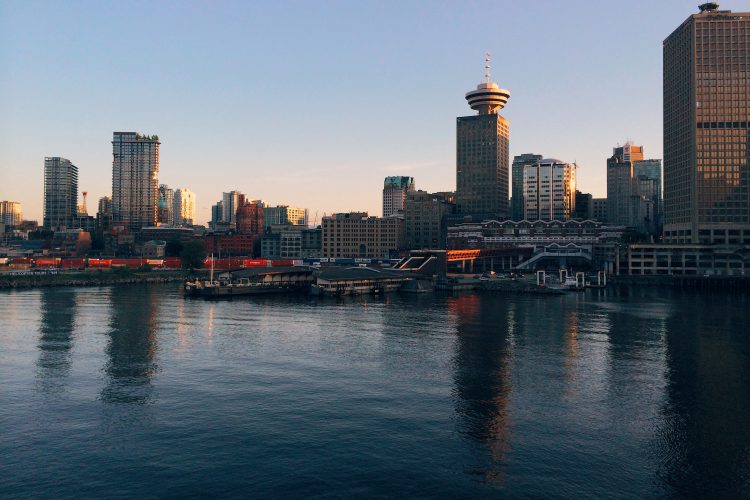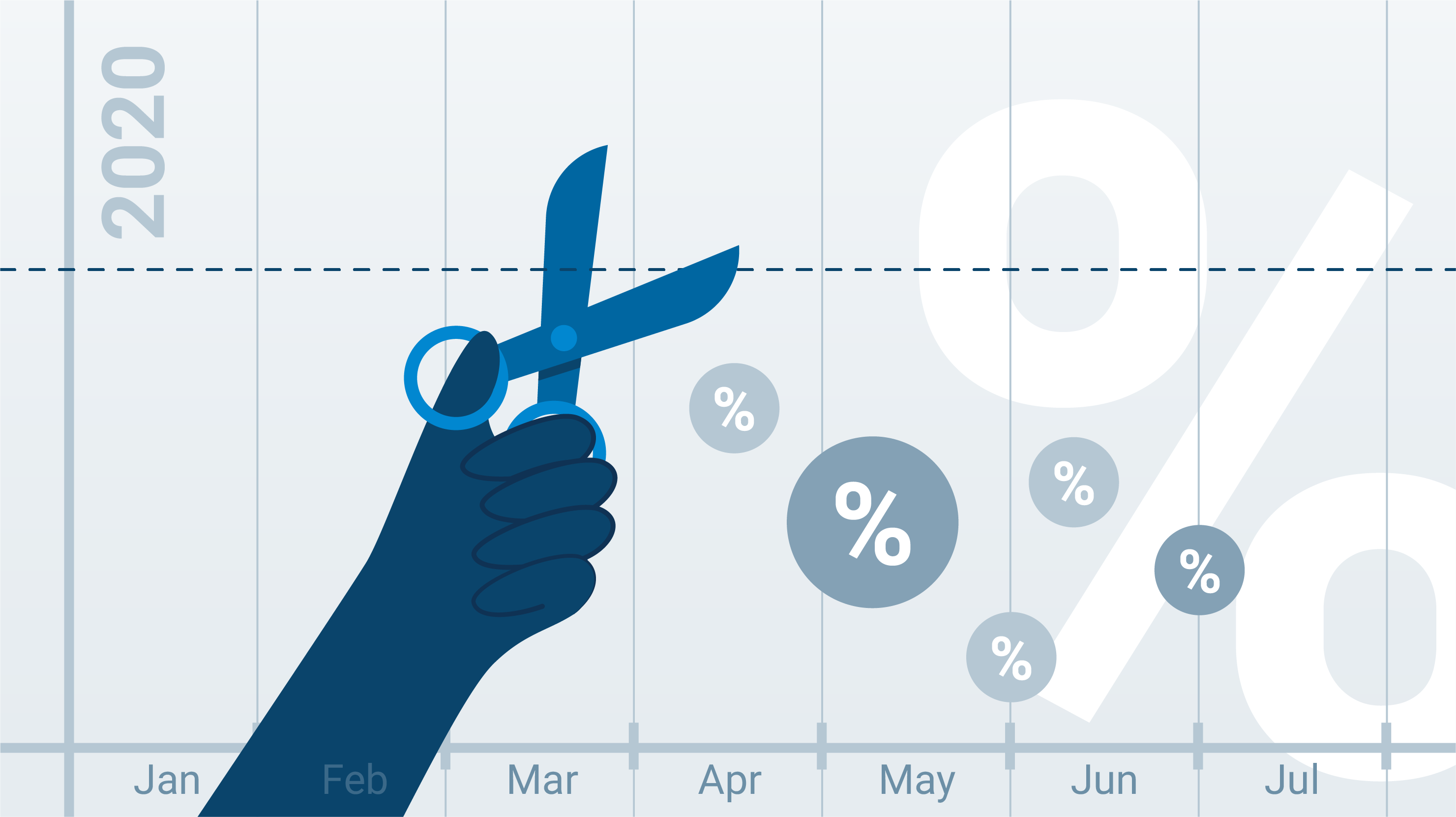This article was written by guest author Penelope Graham, of Zoocasa.
As affordability and debt levels continue to spiral out of control, it seems just about everyone has a prescription for righting Canada’s real estate market. A number of policy changes have been proposed over the past months in efforts to reduce risky borrowing, soften prices, and improve supply for buyers. But will these suggestions come to fruition, and how would they impact market conditions?
Here’s a look at three potential changes to come for Canada’s housing market, and whether they’d be effective.
1: A Capital Gains Tax on Luxury Homes
Suggested by Nobel Memorial Prize winner and Columbia professor Joseph Stiglitz in August, this would require anyone selling their home to pay taxes on the portion of their home’s value exceeding $500,000.
As primary residences in Canada are currently exempt from taxation at sale, such a move would theoretically reduce the numbers of foreign investors looking for tax-free returns. The model is based on the U.S. housing market, where tax must be paid on the portion of home values exceeding that amount.
Would it work? Potentially, though it could lead to an army of homeowners calling foul in Vancouver and Toronto real estate markets, where $500,000 can barely net a modest condo much less a luxury home. It also likely wouldn’t be effective in dissuading investors looking to purchase multiple properties, as the sale of secondary and vacation residences are already taxed in Canada. However, the suggestion has garnered support from Tom Davidoff of the UBC school of business who stated, “When you take some of the tax onus off people working, and instead put it on people who invest in residential property, you really enhance affordability.”
2: A Higher Hike on Down Payment Minimums
In February, rules introduced by Finance Minister Bill Morneau to increase the minimum down payment to 10% on the portion of homes priced over $500,000 took effect. But they may not have gone far enough, argues a report released last month by CIBC World Markets Deputy Chief Economist Benjamin Tal. In the report, titled The GTA Housing Market: Is There Logic Behind the Madness?, Tal points to a housing affordability crisis in Toronto, and suggests increasing the minimum above 10%, increasing the qualification rate for five-year fixed mortgages, and more closely monitoring the alternative lending space.
He also suggested introducing a flipping tax, empty unit tax, increasing LTT on properties over a certain value, and limiting foreign buyers.
Would it work? Tal is the first to admit that the above changes would only go so far to cool the market – real change, he argues, must stem from a shift in buyer attitudes.
“None of the above measures will be a game changer for the GTA,” he states in the report. “They will help at the margin. For real and lasting change, the market must adjust to reflect today’s elevated valuations more appropriately.”
3: A Vacant Home Tax
A flux of middle class and luxury homes sitting empty in Vancouver have local residents seeing red, prompting Mayor Gregor Robertson to propose a tax on vacant properties. “Ultimately we want to create more housing – that’s the purpose of this, to get more supply of rentals in Greater Vancouver,” he stated. This would be in addition to the recently implemented 15% tax now imposed on foreign buyers in Metro Vancouver.
Vancouver’s extremely low vacancy rate of 0.6% has made finding housing a nightmare for both native Vancouverites as well as those who deign to live and work in the city. “We have such a shortage that even people who can afford to more can’t find places necessarily to rent,” Robertson said.
A report based on the rate of hydro usage found as many as one in 10 Vancouver homes are sitting empty – up to 10,800 units from 8,400 in 2002. Any home that sits unoccupied for at least 25 days out of every month was considered to be uninhabited by the study.
The tax is likely to be officially implemented in 2017 – the provincial government has since approved the plans and created a legislative authority to carry them out in July. However, Robertson made it clear he’d move ahead with or without the province, claiming he’d establish it as a “business tax” if they didn’t take action.
Would it work? The biggest challenge facing the tax is identifying truly empty units. While BC Hydro data was used for the study, the city has since said it wouldn’t use hydro usage to monitor whether homes are vacant; they’ll rely on a “self-declaration” system, audits and a complaints process which is potentially easy for unscrupulous homeowners to dodge. Concerns have also been raised that such a tax would unfairly target seniors, many of whom live at home only part of the year, or may be living elsewhere due to care needs. The city has since said it is exploring a number of exceptions for the tax including homes undergoing renovations, homes about to be sold or purchased, and homes vacated by owners for holiday, work, or medical reasons.
While it remains to be seen whether these changes will take root in Canada’s real estate market, one thing is for certain – Canadians’ affordable home options are dwindling. New policies, whether they target buyers’ ability to borrow or foreign investors are sure to come in the near to medium term.
What changes would you suggest for Canada’s real estate market? Tell us in the comments.




